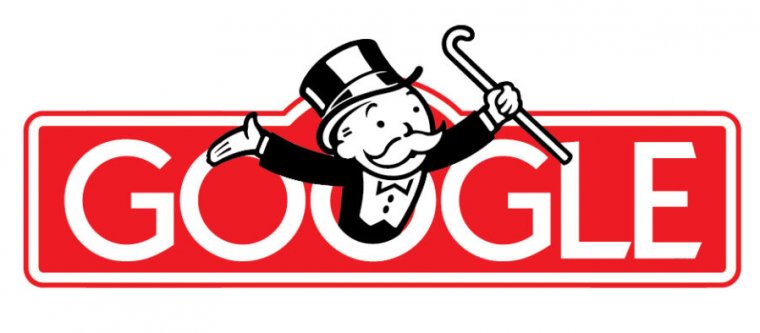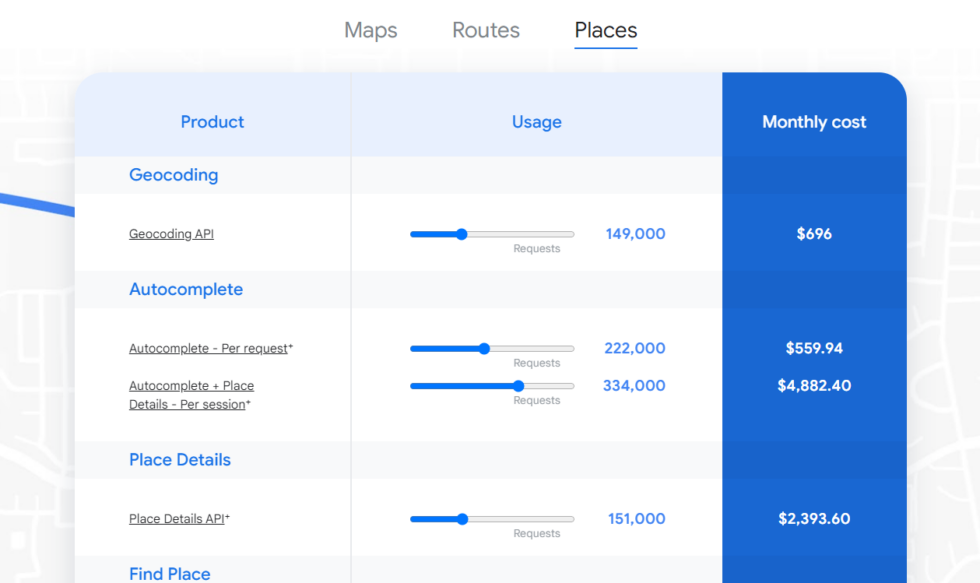
Google’s latest antitrust headache is coming from the US government, which is starting to take issue with how Google bundles Google Maps and restricts developers from using competing services. Nothing’s official yet, but Reuters’ sources say the US Justice Department “breathed new life into an investigation of Google Maps to determine if bundling the service together with other Google software illegally stifles competition.”
The DOJ investigation is concerned with two Google Maps strategies. The first is surprisingly all about Android Automotive—note that this is not Android Auto, the phone app. Android Automotive (fully spelled out) is a full operating system manufacturers can ship on their cars. We covered it on the Polestar 2 last year. As with phones, Google bundles its apps on Android Automotive. Google Maps is a killer app in a car, but if manufacturers want Google Maps, Google requires them to take the Play Store, the Google Assistant, YouTube Music, and any other car apps the company makes. The Justice Department is concerned that this requirement stifles competition.
What’s surprising about this move by the DOJ is that the US never made Google do anything about app bundling on phones, which is a much larger market. Android Automotive is a very new, very limited OS, available on only around 10 vehicles, like the Polestar 2, other Volvo vehicles like the XC40 Recharge, the GMC Hummer EV, and soon 2023 Ford vehicles. Android, meanwhile, is on about 2.5 billion phones worldwide. The US has gone after Google for limiting app store competition on Android, paying to be the default search engine on most platforms, promoting its own services in search, and anticompetitive behavior in the advertising market. But Google is still free to bundle its apps on phones.

The EU, on the other hand, forced Google to unbundle Chrome and Search from Android and has stopped Google from punishing Android manufacturers that use the Android source code to make Android forks. Android development is traditionally ad-supported via the bundled Google apps, but now EU manufacturers have the option of paying for Android if they don’t want to bundle all the Google services. If the DOJ investigation ends with forcing Google to unbundle its apps from cars, this kind of payment plan is probably what it would adopt.
The DOJ’s second issue is with how Google limits the use of Maps data for app and website developers. Give the Google Maps Platform terms of service a quick read, and you’ll come across a huge list of things you aren’t allowed to do with Google Maps data. Section 3.2.3, “Restrictions Against Misusing the Services,” comes with wild clauses like “No Re-Creating Google Products or Features.” Basically, you aren’t allowed to use Google Maps data to compete with Google in any way. You can’t use Maps data with a text-to-speech service, because Google does that already. You can’t use Maps data to make a navigation service, because that would compete with Google Maps. You aren’t allowed to use the Google Maps API in a car at all, because that would compete with Android, Android Automotive, and a bunch of other products.

The next clause, “No Use With Non-Google Maps,” says you’re not allowed to combine Google Maps data with any other mapping service. You can’t show other maps data on the same screen as Google Maps data, and you can’t link Google Maps content to non-Google Maps content.
Developers using the Google Maps Platform have to pay Google for every user request of Maps data. There are dozens of APIs for things like directions, autocomplete, place details, place photos, street view photos, static maps, dynamics maps, and time zone lookups, which are all continuously racking up your bill. As a developer, you could theoretically shop around for the best price for each API call from different vendors, comparing Google to services like Microsoft Azure Maps, Here, TomTom, OpenStreetMap, and many other providers. In reality, the Google Maps terms demand that if you use one Google Maps API, you have to give Google Maps a monopoly over your service.
For now, this probe is in the preliminary stages, and the investigators have not recommended suing yet. But a lawsuit would be the next step.
https://arstechnica.com/?p=1844599

